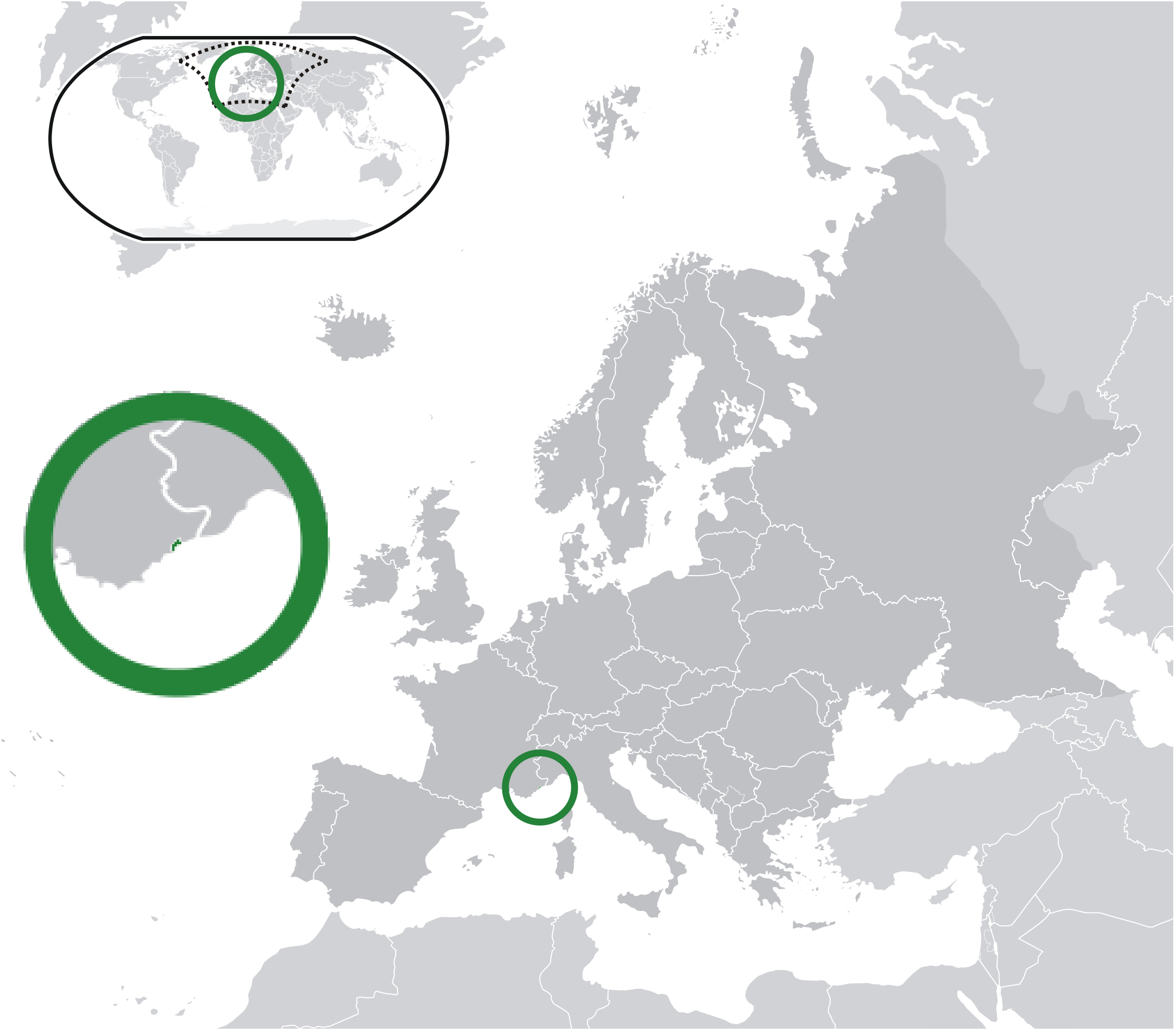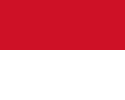More languages
More actions
| Principality of Monaco Principauté de Monaco Prinçipatu de Mùnegu | |
|---|---|
 | |
| Capital | Monaco |
| Government | Unitary parliamentary semi-constitutional monarchy |
• Monarch | Albert II |
• Minister of State | Pierre Dartout |
| Area | |
• Total | 2.08 km² |
| Population | |
• 2022 estimate | 39,050 |
Monaco, officially the Principality of Monaco, is a microstate in Europe surrounded almost entirely by France apart from its southern coast on the Mediterranean Sea. The imperialist tax haven is most well known for its casinos and money laundering.
History[edit | edit source]
Early History[edit | edit source]
During antiquity there were Phoenician, and later, Greek colonies which included the territory. From the first century B.C. Monaco fell under Roman rule and later it was seized by various groups such as the Arabs and the Holy Roman Empire. In the late 12th century it came under the control of the Republic of Genoa, who built a fortress on the site in 1215.[1]
Principality[edit | edit source]
In 1419 the Genoese Grimaldi family finished establishing its power in Monaco and turned Monaco into an independent principality under the protection of Genoa. Over the next few centuries Monaco would rely on larger neighbouring states for its protection, switching from one ally to the next when it suited it. Although formally retaining autonomy between 1524 to 1641, Monaco was under the dominion of the Spanish before rebelling against them and switching to France instead for its protector.[1]
Following the French Revolution, Monaco's monarchical regime was overthrown by the French and Monaco was annexed into the French Republic in 1793. The Treaty of Paris of 1814 restored the Principality of Monaco under the control of the Grimaldi dynasty and in 1815 the Congress of Vienna made Monaco a protectorate of the Kingdom of Sardinia. Over time the Sardinian protectorate shifted into a French one and in 1861, Prince Charles III sold France the rights to the cities of Menton and Roquebrune with a tariff union being established soon after in 1865.[1]
Economic growth continued to occur in the principality, particularly in the tourism industry, with a string of casinos being established, most notably the Monte Carlo Casino. In 1911 the people forced the adoption of Monaco's first constitution which limited the absolute power of the monarchy. Several more changes were made to the constitution and Monaco's agreements with France in the following decades allowing the French to secure many advantages for its citizens in the microstate.[1]
21st Century[edit | edit source]
During the 21st century Monaco became notable as a centre of money laundering, with the state having been warned several times by international watchdogs in the last few decades along with threats to add Monaco to a 'grey list'. Income tax evasion is not criminalised in Monaco and the state does little to change its status as a financial hub for criminals/ the international bourgeoisie, despite its claims, since it would hinder its ability to carry out imperialism and function as a tax haven.[2]
In 1995, Monaco established ties with China, and in March 2019 President Xi Jinping visited the country making him the first Chinese leader to visit the country. Following the meeting, collaboration between the countries increased with Monaco Telecom already having started working with Chinese company Huawei in 2012. In 2019, with assistance from Huawei, Monaco became the first country to have a 5G network over the entirety of its territory.[3]
References[edit | edit source]
- ↑ 1.0 1.1 1.2 1.3 The Great Soviet Encyclopedia: 'Monaco' (1979).
- ↑ Théo Bourgery-Gonse (2023-01-23). "Monaco’s anti-money laundering system inadequate, risks name-and-shame" Euractiv. Archived from the original on 2023-05-04.
- ↑ "China, Monaco set example for developing and developed countries" (2019-03-24). CGTN.


